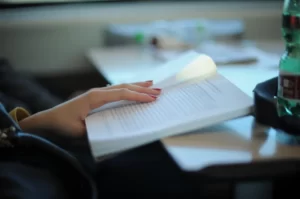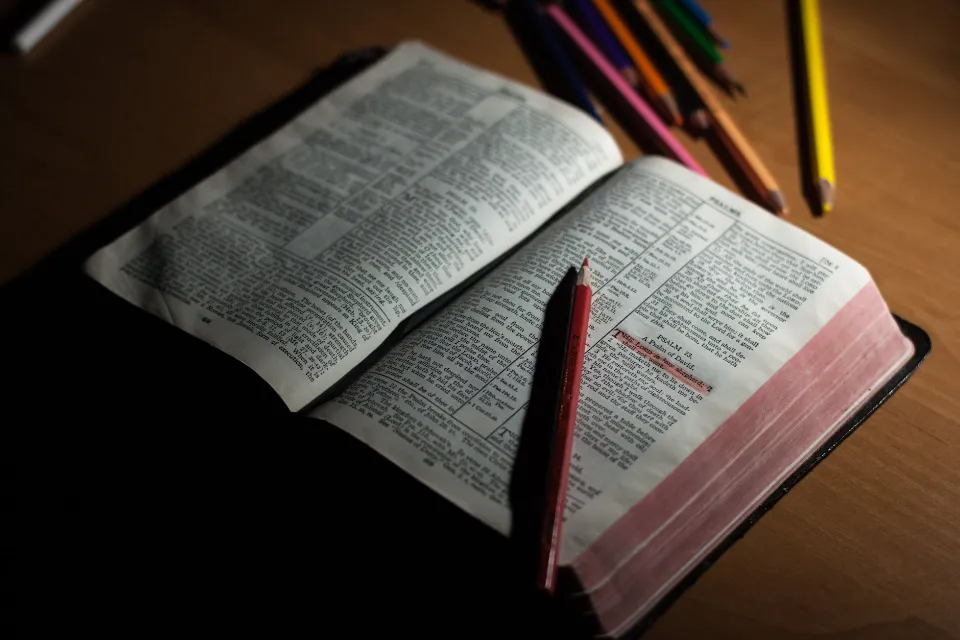
Are Bibles Allowed in Public Schools? Why?
Are Bibles permitted in public schools? This is the full response to your query.
Concerns about the Bible and public education are common. One key question—whether Bibles are prohibited from being taught in public schools—lies at the heart of the argument. In public schools, Bibles are alllowed. A student’s right to freedom of expression or their right to practice their religion may be violated if a school forbids them from doing so.
Please don’t consider that brief response to be a definitive explanation of these rules because there are numerous nuanced aspects to them. The things to think about are listed in the following paragraphs.
Are Bibles Allowed in Public Schools?
Does the Bible have a place in public education? The Bible was once forbidden in public schools. These are only two of the frequently asked questions about the relationship between religion and public life.
And here’s a response that might surprise you: Public schools did not prohibit the use of the Bible. The Bible, which was brought into the classroom by a representative of the school, cannot be used for devotional purposes because the Constitution forbids state sponsorship of religion.
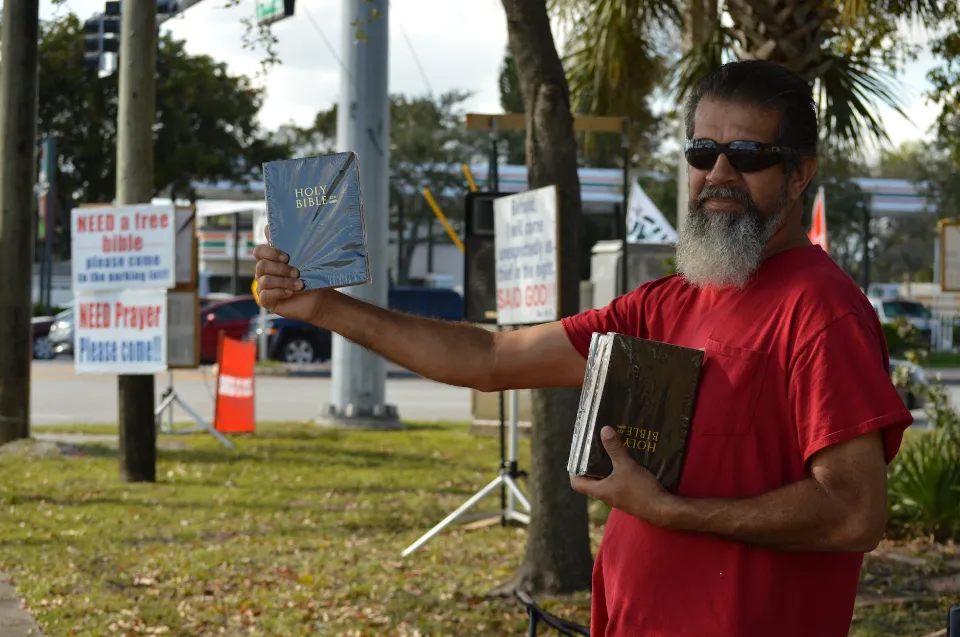
Are Bibles Allowed in Public School Libraries?
It doesn’t follow that the Bible will always be welcomed in schools just because students bring their Bibles to school and other initiatives show that the Bible can be present there. Public school libraries, where the Bible has frequently generated controversy, are one place where there is additional discussion.
The list of the most problematic library books includes the Bible. However, it is acceptable to have Bibles and other Christian literature in schools, especially if the books are donated. Bibles in Schools is a non-profit organization that was founded by a teacher by the name of Hannah Salisbury.
Read More:
Can a Teacher Prohibit a Student from Using the Bible at School?
In general, a teacher cannot stop a student from reading a Bible in class. Since teachers are employed by the government, their actions are considered to be those of the state.
In this case, the Constitution offers many safeguards. The free practice of religion comes first. Freedom of speech is the second. Imagine a scenario in which a student wanted to use Scripture or complete a project involving religious research.
Because doing so would infringe upon the student’s right to freedom of expression, the teacher might not be able to stop the student from doing it.
To maintain discipline and order in the classroom, however, teachers are vested with considerable authority. A teacher has the right to forbid a student from reading any book, including the Bible, if they are supposed to be working on a science project.
A teacher would be within their rights to assign a low grade to a student’s Biblical project if it deviated from the project’s guidelines.
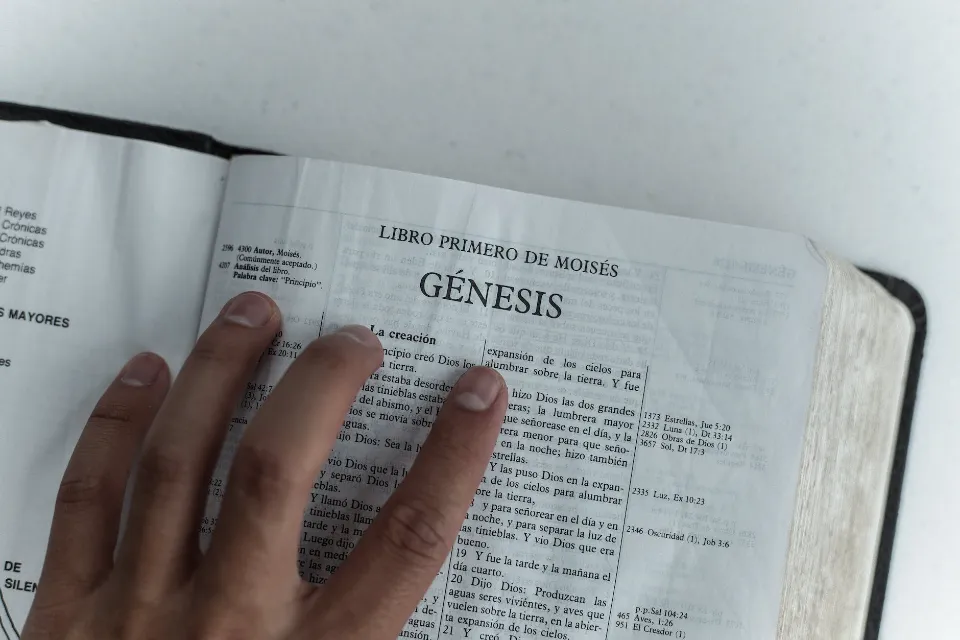
Even though the aforementioned response accurately reflects American law, many teachers may not be aware of their rightful place in this scenario because they are afraid of upsetting their students in the classroom.
If a student presents a religious text, teachers should exercise caution to only discuss it from a historical perspective and not in favor of or against it.
A student is free to express their support for a particular sect even though a teacher herself cannot. Remember that the Constitution prohibits the government (including a teacher which is a representative of the government) from sponsoring a particular sect.
So long as their actions are not supported by the school, a student is free to do so while they are in class. The Freedom of Expression protects students’ right to express their religious convictions in a learning environment.
Limitations to Schools Preventing the Use of the Bible
The Supreme Court citation from Abington School District v. Schempp was previously mentioned. It might seem strange to quote that case in that section because, based on the particular facts of that case, the court ruled that the use of Scripture was not appropriate.
In Schempp, Ten Bible verses must be read aloud in silence before each class period according to Pennsylvania law.
The Court reasoned that this practice did not fit within a temporary unit of Bible study or the context of history, but rather presented religion in an organized and systematic manner. As a result, the law was determined to be unconstitutional based on the circumstances of that particular case.
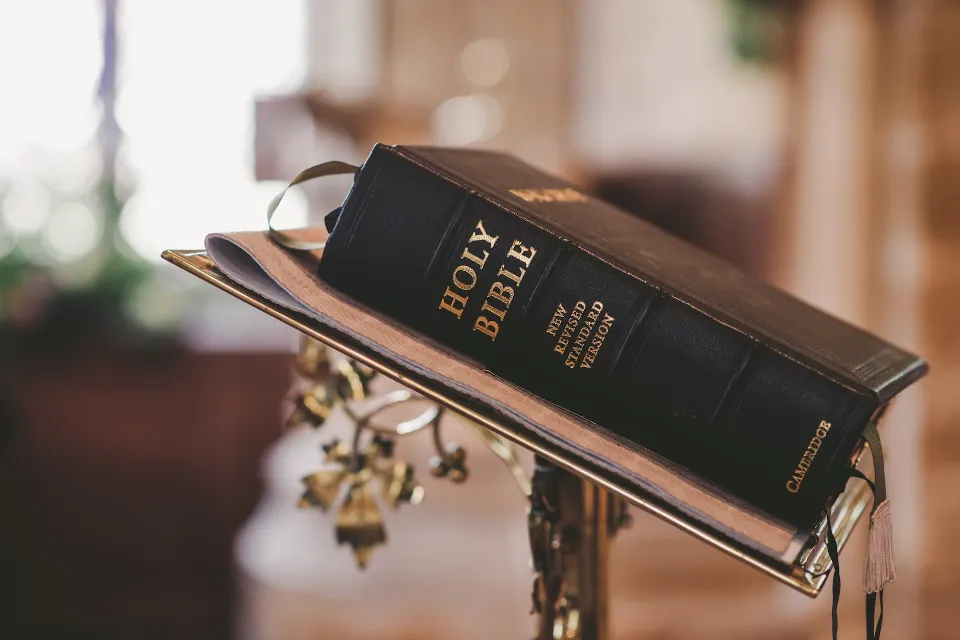
The use of the Bible in schools has not been the subject of many Supreme Court cases, unlike other religious-related issues that the court has examined, such as prayer in schools and moments of silence.
When Teachers Can Require Bible Reading?
So in practicing their right to religious expression, public school students “may pray when not engaged in school activities or instruction…” In addition, students can “read their Bibles or other scriptures, say grace before meals, pray or study religious texts with classmates during recess, lunch, or other non-instructional time to the same extent that they may engage in nonreligious activities.”
Public school officials, of course, can implement rules that might impact when students are able to pray and/or read their Bible, but they aren’t allowed to “discriminate against student prayer or religious speech in applying such rules and restrictions.”
For instance, if a student has out his or her Bible during class time allotted for math instruction, the teacher may ask the student to put the Bible away.
The Bible (or Quran) can, however, be made a required text if a teacher is teaching students about other world religions or literature. Some may view this as walking a fine line, but as long as there is no religious instruction or discrimination/preference involved, public school teachers can make the Students in these classes must read the Bible.
Conclusion: Are Bibles Allowed in Public Schools
As long as it’s done without endorsing any religion or sect, the Bible can be used in public schools.
In fact, as long as it is presented in a historical and neutral manner, a teacher could even read the Bible to the students without breaking the law.
FAQs
Is It OK to Bring a Bible to School?
Yes, it is legal to do so. It is legal and permitted everywhere in the nation to bring a book of your faith. You have the right to participate in voluntary, free-speech conversations as a student in a public school under the First Amendment.
When Was the Bible Banned from Public Schools?
It made its second in 1963—the School District of Abington v. In accordance with the Schempp decision, public schools are no longer allowed to hold group Bible readings or Lord’s Prayer recitations.
Can Teachers Read the Bible in Public Schools?
Teachers and other public school officials, acting in their official capacities, may not lead their classes in prayer, devotional readings from the Bible, or other religious activities.
Are Public Schools Allowed to Teach Religion?
Religious topics can be taught in public schools in an objective manner. According to the Constitution, the government is forbidden from endorsing any particular sect and is required to present religious issues in a non-partisan manner so as to not promote either irreligiosity or religiosity.

